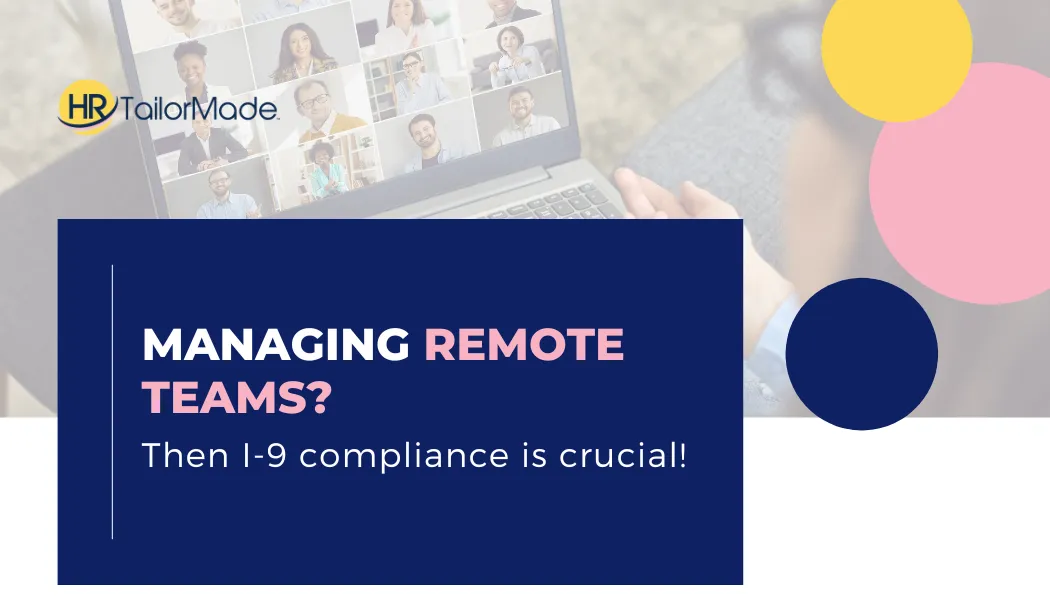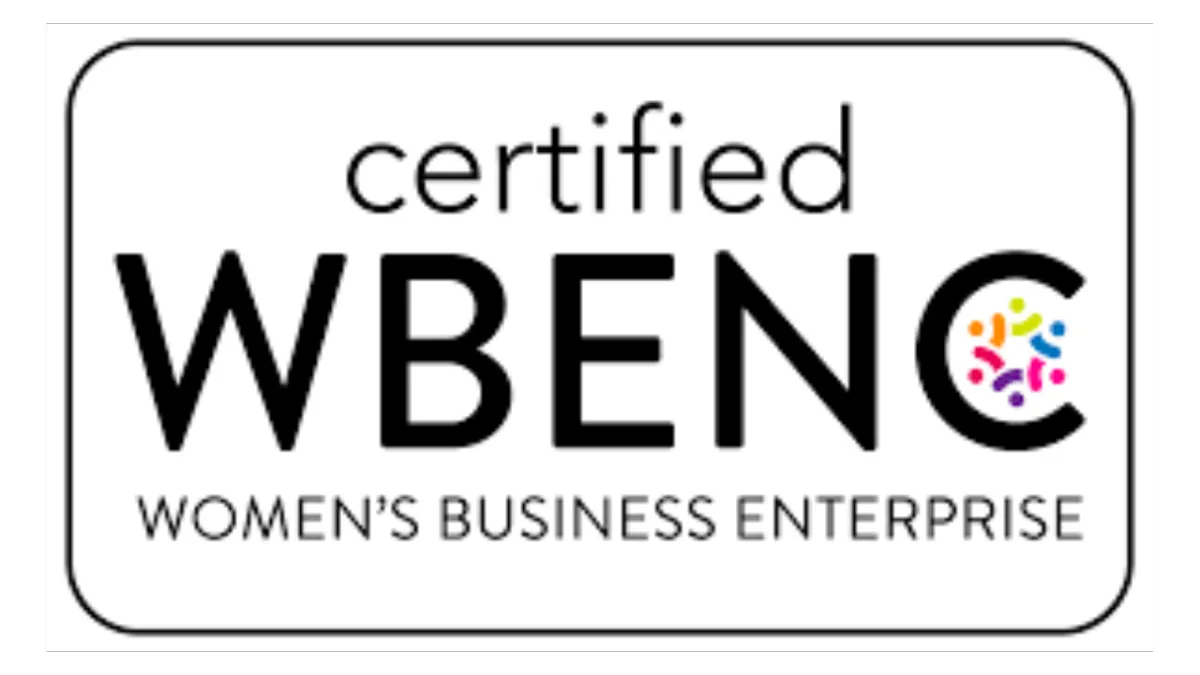Ensuring I-9 compliance is necessary for any business, especially when managing remote teams. The I-9 Form is a mandatory document to verify the identity and employment authorization of individuals hired in the United States.
Here's a breakdown of the most important things you need to know about handling I-9s for remote employees.
Understanding the I-9 Form
The primary purpose of the I-9 Form is to verify that an employee is authorized to work in the US. Employers must understand the requirements and the proper process for completing these forms. Failure to comply can result in significant fines and penalties for your organization.
The Importance of Timely Completion
One critical aspect of I-9 compliance is the timeline. The I-9 Form must be completed within the first three days of an employee's hire date. This strict timeline ensures that the verification process is swift and that only authorized individuals are employed.
Virtual I-9 Verification
For remote teams, completing the I-9 Form can be a bit more complex when compared to in-person employees, but it is easily manageable with the right processes in place. Here are the key steps:
Establish an E-Verify Account: Employers managing remote teams may need an E-Verify account, which is an online system that allows businesses to confirm the eligibility of their employees to work in the US.
Employee Completion: Once a new hire accepts the offer of employment, they should complete Section 1 of the I-9 Form and return it to you by the first paid day of work.
Virtual Document Verification: The I-9 process for remote employees involves a virtual call where the new hire presents their documents. During this call, the new hire’s documents are verified and the employer completes Section 2 of the I-9 Form online. Again, this needs to be done by the end of the third day of employment.
Flexibility in Document Presentation
Employers cannot dictate which documents employees present to complete the I-9 Form. There are various acceptable documents, and employees can choose which ones to provide. These documents include a passport, driver’s license, Social Security card, birth certificate, or a DD-214 (Certificate of Release or Discharge from Active Duty), to name a few. A complete list of the acceptable documents are listed on the I-9.
Consider a Registered Agent
If you don’t have an E-Verify account, consider using a registered agent. Registered agents like HR TailorMade can handle the I-9 process on behalf of clients, making the process seamless, ensuring compliance, and allowing you to offload the burden. These agents ensure that all I-9 Forms are completed accurately and on time.
Additionally, registered agents stay updated with the latest regulations and best practices, which allows your business to remain compliant amidst the ever-changing legal landscape. Taking a proactive approach aids companies in avoiding penalties and creates a smooth and efficient onboarding experience for new hires.
Remember, ensuring I-9 compliance is not just a legal requirement but a crucial part of the onboarding process, particularly for remote teams. If you need assistance with I-9 compliance or have any questions about these regulations, contact HR TailorMade today. Our team is ready to help you streamline your onboarding, stay compliant, and offer peace of mind for you and your team.





